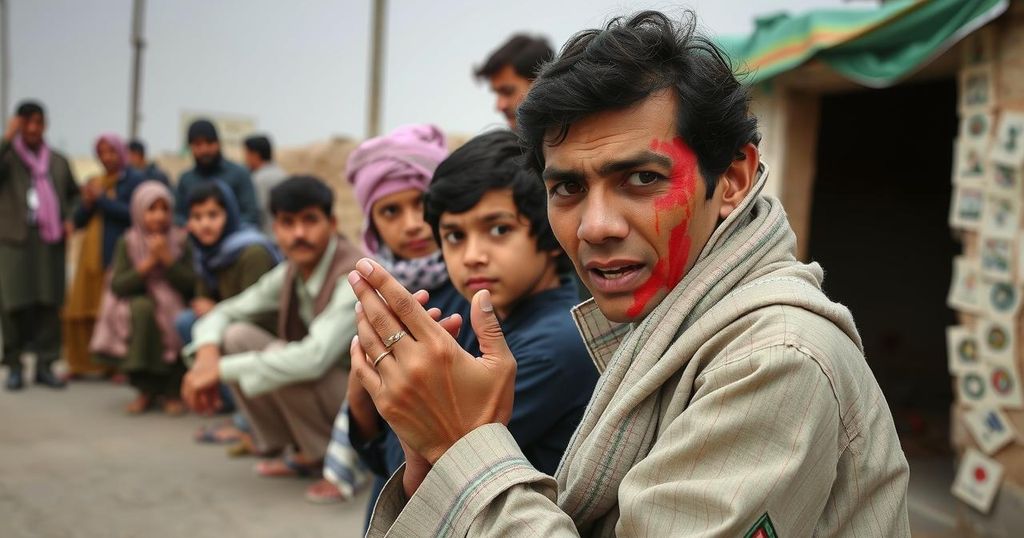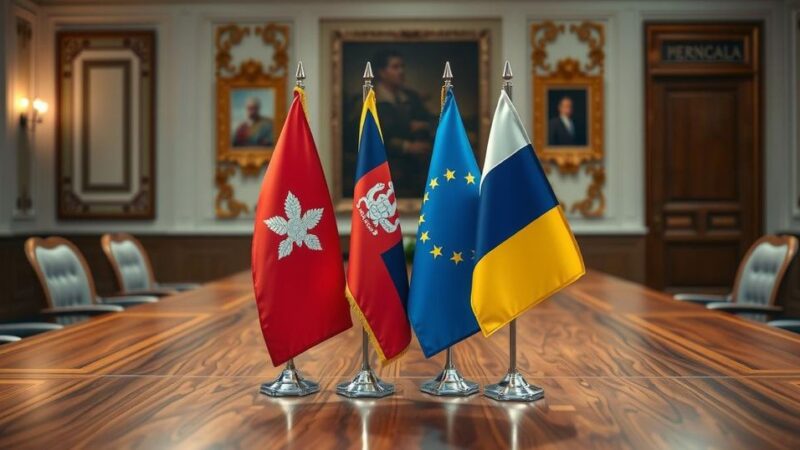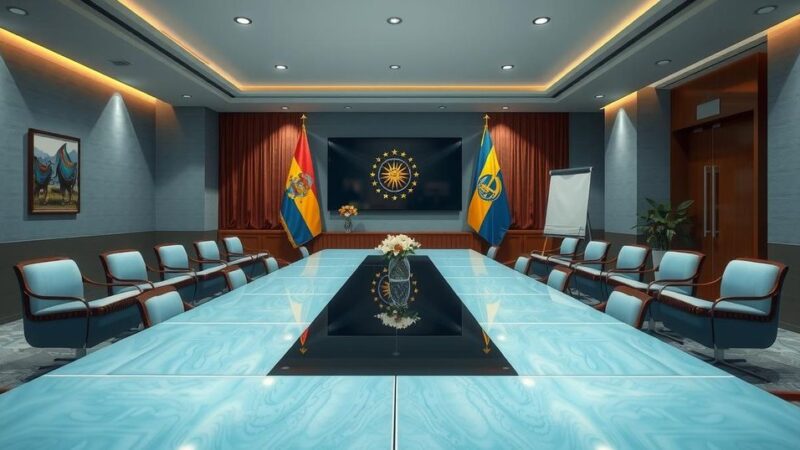Imran Khan has condemned Pakistan’s forced repatriation of Afghan refugees, claiming it fosters hatred and undermines regional peace. Speaking from Adiala Jail, he criticized the country’s airstrikes in Afghanistan and highlighted the lack of diplomatic engagement by former officials. He expressed regret over military leadership decisions that have contributed to increased terrorism in Pakistan.
Former Prime Minister of Pakistan, Imran Khan, has criticized his country’s forced repatriation of Afghan refugees, asserting that this strategy has inadvertently exacerbated animosity, thereby threatening regional stability. Addressing reporters from Adiala Jail, Khan condemned Pakistan’s recent military actions against Afghanistan, marking these as not only provocative but also counterproductive to peace efforts. He pointed out the absence of Bilawal Bhutto, the former foreign minister, in Afghanistan, arguing that his presence should have been a priority during critical diplomatic times.
Khan further expressed his concern about the Pakistani military strategy post-U.S. withdrawal, revealing that he had advised General Qamar Javed Bajwa against replacing General Faiz Hamid, believing that such a change would hinder Pakistan’s security amid the shifting dynamics in Afghanistan. Without adherence to this advice, he stated that Pakistan had witnessed a notable rise in terrorist activities, underscoring the precarious nature of the country’s internal and external security frameworks.
Imran Khan’s remarks come against the backdrop of strained relations between Pakistan and Afghanistan, particularly following the Taliban’s return to power in 2021. The forced repatriation of Afghan refugees has been a contentious issue, as many in Pakistan consider the influx of refugees a security risk, particularly in light of increasing terrorist incidents within Pakistan. Khan’s perspectives reflect a larger discussion about the interplay between refugee policies, national security, and regional diplomacy in South Asia.
In conclusion, Imran Khan’s statements highlight a critical perspective on Pakistan’s current refugee policies and military strategies toward Afghanistan. He argues that rather than fostering security, these actions create resentment, thereby complicating peace efforts in the region. His reflections on past military leadership decisions indicate a belief that strategic foresight is essential in navigating the complex geopolitical realities following the end of the U.S. military presence in Afghanistan.
Original Source: www.ariananews.af






